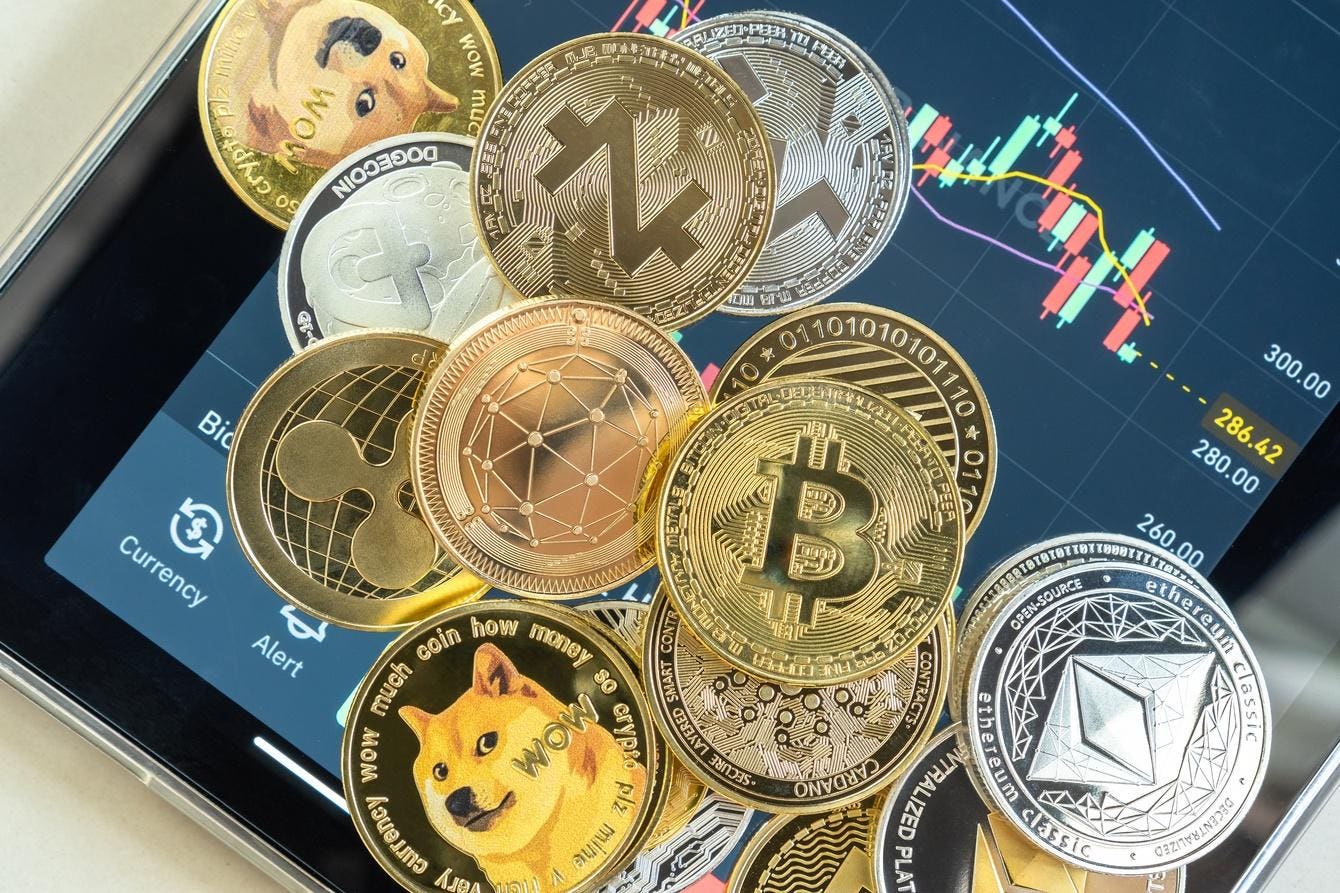Introduction
As cryptocurrencies proliferate, the spotlight often shines on Bitcoin, the pioneering digital asset. However, just beyond its dominant reach lies a diverse ecosystem of alternative cryptocurrencies known as altcoins. This guide delves into what altcoins are, their various forms and use cases, and the risks and rewards of investing in this dynamic sector.
What Are Altcoins?
Altcoins refer to any cryptocurrency launched after Bitcoin, aimed at addressing its limitations and exploring new functionalities. Each altcoin boasts unique governance structures, transaction speeds, and operational technologies, catering to specific niches within the broader cryptocurrency market.
Types of Altcoins
Altcoins are categorized based on their intended use and technological innovations:
- Privacy Tokens: Monero (XMR) exemplifies privacy-focused coins, utilizing advanced cryptographic methods to ensure transaction confidentiality.
- Stablecoins: These are pegged to fiat currencies, like Tether (USDT) and USD Coin (USDC), providing stability in the highly volatile crypto market.
- Smart Contract Platforms: Ethereum (ETH) paved the way for decentralized applications, while Solana (SOL) emphasizes speed and efficiency in transactions.
- Meme Coins: Tokens like Dogecoin (DOGE) reflect social media culture’s influence in the crypto world, with community-driven value.
- Payment Tokens: Litecoin and Dash focus on fast and low-fee transactions, although they face stiff competition from Bitcoin.
Why Altcoins Exist
Altcoins explore innovative use cases, aiming to solve specific problems within the blockchain ecosystem, such as scalability and privacy, while also testing governance models that could redefine the structure of cryptocurrency management.
Pros and Cons of Investing in Altcoins
While altcoins can diversify exposure to the crypto market, their value often fluctuates closely with Bitcoin. The potential for high rewards exists, illustrated by stories of early investors in successful altcoins, yet these are rare compared to the broader risks and uncertainties involved.
Security and Regulatory Risks
Investors should remain vigilant regarding the security vulnerabilities of small altcoins, which can be prone to hacks and manipulation. Furthermore, the evolving regulatory landscape poses additional challenges, as classification by authorities can significantly impact an altcoin’s viability.
The Future of Altcoins
Despite the risks, the altcoin sector is expected to flourish due to its inherent potential for innovation. As governments explore blockchain applications, altcoins that align with institutional needs may gain traction, leading to broader adoption and integration into mainstream finance.
Key Takeaways
- Altcoins represent a diverse range of cryptocurrencies with unique features beyond Bitcoin.
- Investing in altcoins can lead to high rewards, but carries significant risks, including volatility and security concerns.
- The altcoin landscape is evolving, with potential for long-term value supported by governmental interests in blockchain technology.

